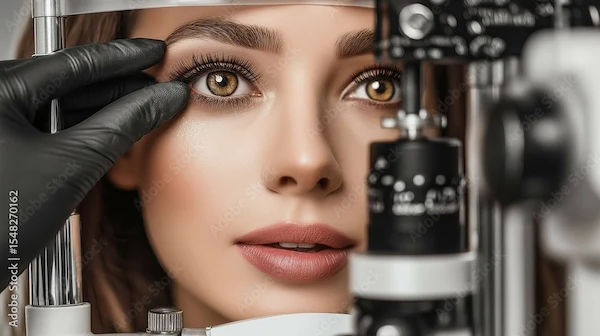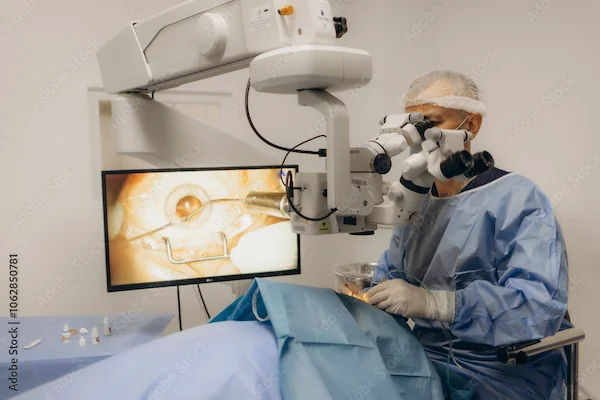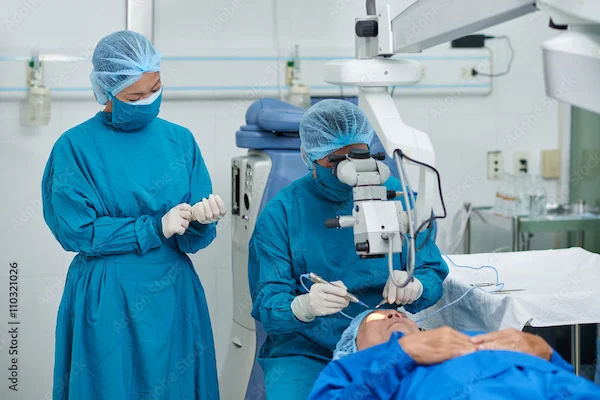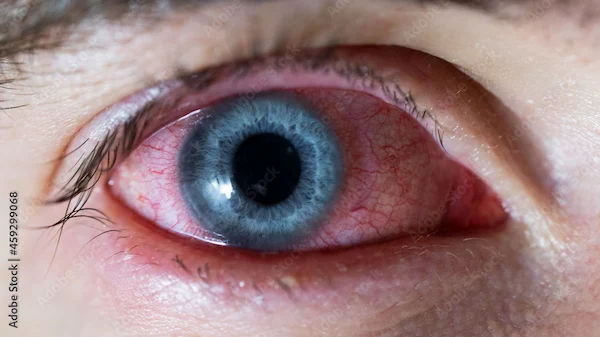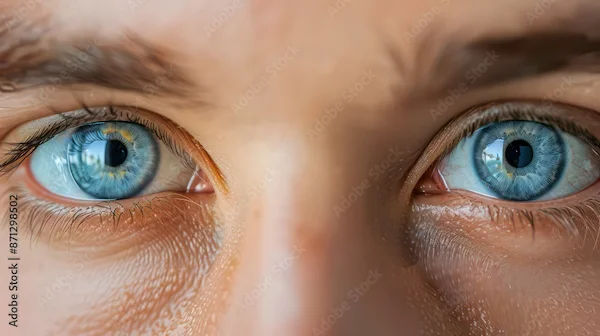Will I Have 20/20 Vision After Cataract Surgery?
Wondering if you'll have 20/20 vision after cataract surgery? Explore how cataract surgery improves eyesight, what to expect post-surgery, and factors that influence your final visual outcome.

Written by
Last updated on 4th Jul, 2025
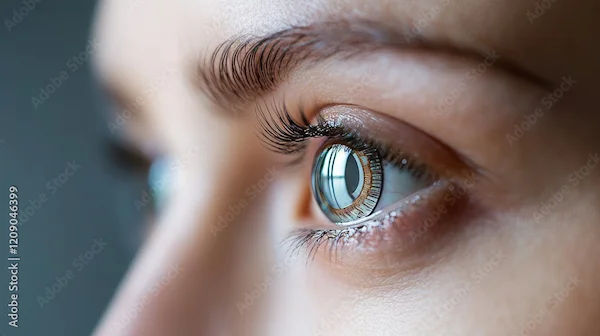
Introduction
If you or a loved one is considering cataract surgery, you might be wondering, "Will I have 20/20 vision after the procedure?" The answer depends on several factors, including your eye health, the type of intraocular lens (IOL) you choose, and any pre-existing conditions. Let’s break it down in simple terms.
Understanding Cataract Surgery
Cataracts occur when the natural lens of your eye becomes cloudy, leading to blurry vision, difficulty seeing at night, and faded colours. Cataract surgery involves removing this cloudy lens and replacing it with an artificial one called an intraocular lens (IOL).
Can Cataract Surgery Give You 20/20 Vision?
Many people experience significant improvement in their vision after cataract surgery, but whether you achieve 20/20 vision depends on:
1. Your Eye Health Before Surgery: If you have other eye conditions like glaucoma, macular degeneration, or diabetic retinopathy, these may affect your final vision.
2. The Type of IOL You Choose: There are different types of lenses:
Monofocal IOLs: Correct vision for one distance (usually distance vision). You may still need glasses for reading or close-up work.
Multifocal or Trifocal IOLs: Provide clear vision at multiple distances, reducing dependence on glasses.
Toric IOLs: Designed for people with astigmatism.
3. Post-Surgery Healing: Some patients experience temporary blurriness or glare, which improves over weeks.
Consult Top Specialists for Personalised Tips
Realistic Expectations After Surgery
Some of the realistic expectations associated with cataract surgery are:
Most patients see much clearer than before surgery.
Some may still need mild glasses for certain activities (like reading fine print).
If you had astigmatism or other eye conditions, your vision may not be perfect, but it will likely be better than before.
Tips for Better Vision After Cataract Surgery
Some of the tips for better vision after cataract surgery are:
1. Follow Your Doctor’s Advice: Use prescribed eye drops and avoid rubbing your eyes.
2. Wear Sunglasses: Protect your eyes from bright light while healing.
3. Eat Eye-Healthy Foods: Include leafy greens, carrots, and omega-3-rich fish in your diet.
4. Avoid Strenuous Activities: Heavy lifting or bending over can increase eye pressure.
5. Attend Follow-Up Appointments: Ensure your eyes are healing properly.
When to Consult a Doctor?
If you experience:
Severe pain
Sudden vision loss
Flashing lights or floaters
Excessive redness
Contact your eye specialist immediately.
Conclusion
While cataract surgery greatly improves vision, achieving 20/20 vision depends on individual factors. The good news? Most people see a dramatic difference and enjoy a better quality of life post-surgery. Have more questions? Talk to an eye specialist to understand your options better. Your journey to clearer vision starts here!
Consult Top Eye Surgeon
Consult Top Specialists for Personalised Tips
Dr. S Venkateswaran
Ophthalmologist
35 Years • MBBS, PGD (OPTHALMOLOGY)
Tiruvannamalai
Shiva Eye And General Hospital, Tiruvannamalai

Dr. Sneha T Khurana
Ophthalmologist
9 Years • MBBS, MS Ophthalmology
Gurugram
GS multispeciality clinic, Gurugram

Dr Rajesh Rastogi
Ophthalmologist
33 Years • MBBS, MS Ophthalmology
New Delhi
Rotary Diabetic Centre, New Delhi
Dr. Akashdipta Saha
Ophthalmologist
4 Years • MBBS, MD(Ophthalmology), Fellowship in Retina & Vitreous
Delhi
AIIMS, Delhi
Dr. Harshavardhan Reddy
Ophthalmologist
3 Years • MBBS , MS (Ophthalmology)
Hyderabad
Ram Dev Rao Hospital, Hyderabad
Consult Top Eye Surgeon
Dr. S Venkateswaran
Ophthalmologist
35 Years • MBBS, PGD (OPTHALMOLOGY)
Tiruvannamalai
Shiva Eye And General Hospital, Tiruvannamalai

Dr. Sneha T Khurana
Ophthalmologist
9 Years • MBBS, MS Ophthalmology
Gurugram
GS multispeciality clinic, Gurugram

Dr Rajesh Rastogi
Ophthalmologist
33 Years • MBBS, MS Ophthalmology
New Delhi
Rotary Diabetic Centre, New Delhi
Dr. Akashdipta Saha
Ophthalmologist
4 Years • MBBS, MD(Ophthalmology), Fellowship in Retina & Vitreous
Delhi
AIIMS, Delhi
Dr. Harshavardhan Reddy
Ophthalmologist
3 Years • MBBS , MS (Ophthalmology)
Hyderabad
Ram Dev Rao Hospital, Hyderabad
